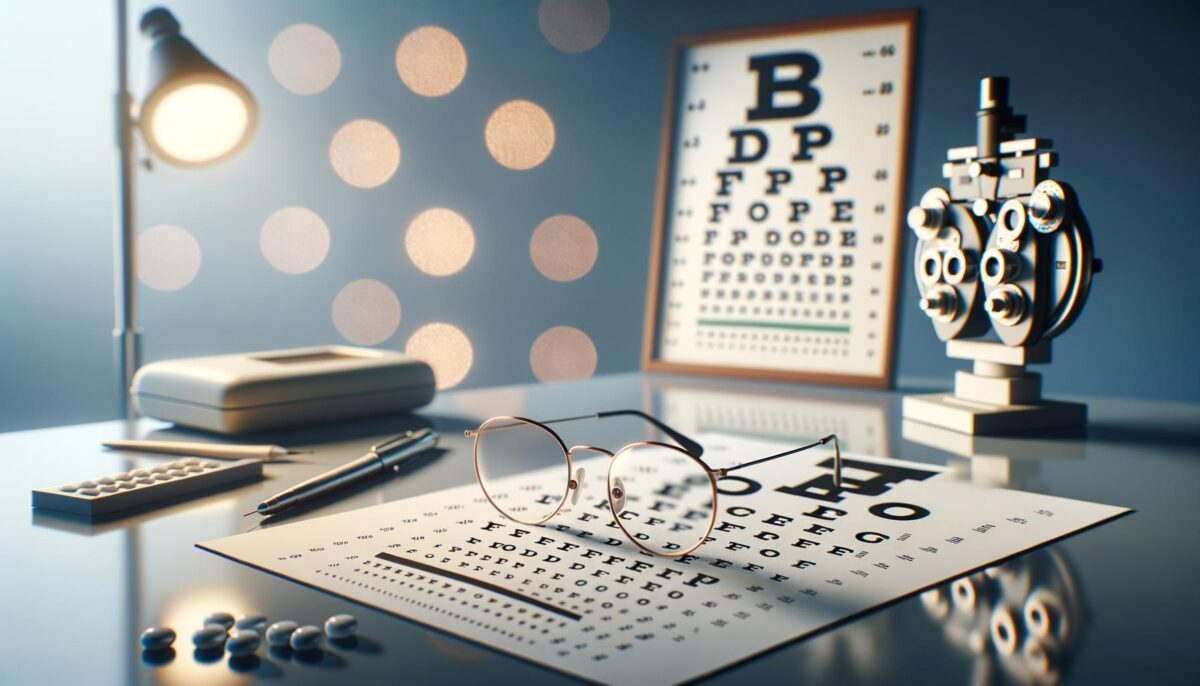Understanding the Basics of Vision Tests
Vision tests are a fundamental aspect of eye health, designed to evaluate how well the eyes work together and how well they focus. These tests can range from simple procedures like reading an eye chart to more comprehensive examinations that assess depth perception, color vision, peripheral vision, and the ability to track moving objects. Typically, these tests are conducted by eye care professionals during routine check-ups to detect any vision problems or eye diseases at an early stage. Regular vision screenings help to uncover issues that may not be apparent to the individual but can significantly impact daily routines and quality of life if left unaddressed.
Different Types of Vision Tests and Their Purposes
There are several types of vision tests designed to assess different aspects of eyesight. Some of the most common ones include:
- Visual Acuity Test: This test measures how clearly you can see objects at various distances. It usually involves reading letters on a chart, known as a Snellen chart.
- Refraction Test: This determines the correct prescription for glasses or contact lenses by using a phoropter or an automated refractor.
- Color Vision Test: This assesses your ability to differentiate between colors using various colored dots or patterns.
- Peripheral Vision Test: This measures your side vision and is crucial for detecting conditions like glaucoma.
Each of these tests is critical in diagnosing potential vision issues, ensuring that your eyesight is as strong and accurate as possible.
The Importance of Regular Vision Screenings
Regular vision screenings are not just for those experiencing difficulties with their eyesight. They play a vital role in maintaining overall eye health and can prevent severe vision problems later in life. Children’s vision tests are crucial for their learning and development, as undetected issues can affect school performance and social interactions. For adults, especially those over 40, regular tests can detect age-related conditions like presbyopia, cataracts, and macular degeneration early on. Keeping up with regular appointments with your eye doctor is an investment in your health, helping you to stay proactive and informed about your visual abilities.
Recognizing Symptoms that Indicate a Need for Vision Testing
While routine eye exams are important, some signs may indicate the need for immediate vision testing. These include:
- Frequent headaches, which can result from eyestrain caused by vision issues.
- Difficulty seeing at night, which may suggest the onset of certain vision impairments.
- Blurriness or double vision, which could be symptomatic of a serious condition.
- Sudden changes in vision or noticeable blind spots.
If you experience these or any other unusual symptoms, it is important to schedule a comprehensive eye examination as soon as possible to pinpoint and address the issue.
Modern Innovations in Vision Testing Technology
The field of vision testing has seen remarkable advancements in recent years, incorporating technology to enhance the accuracy and convenience of tests. Modern equipment like digital retinal imaging allows for detailed views of the eye’s structure, helping in the early detection of eye diseases with unprecedented precision. Automated refraction systems have streamlined the process of determining lens prescriptions, while online vision tests offer preliminary screenings from the comfort of your home, although these should not replace in-person examinations. Embracing these innovations, individuals can benefit from improved eye care and ensure that their vision remains clear and healthy throughout their lives.
Conclusion: Keeping Eyes Healthy through Vision Tests
Vision tests play a crucial role in safeguarding your eyesight and overall well-being. By understanding the various types of tests and their functions, scheduling regular check-ups, and staying alert to changes in your eyesight, you can maintain optimal vision health. Whether it’s through traditional methods or leveraging cutting-edge technology, keeping your eyes healthy is integral to enhancing your quality of life and ensuring success in daily activities. As such, making vision health a priority is an invaluable step toward a clearer and brighter future.
